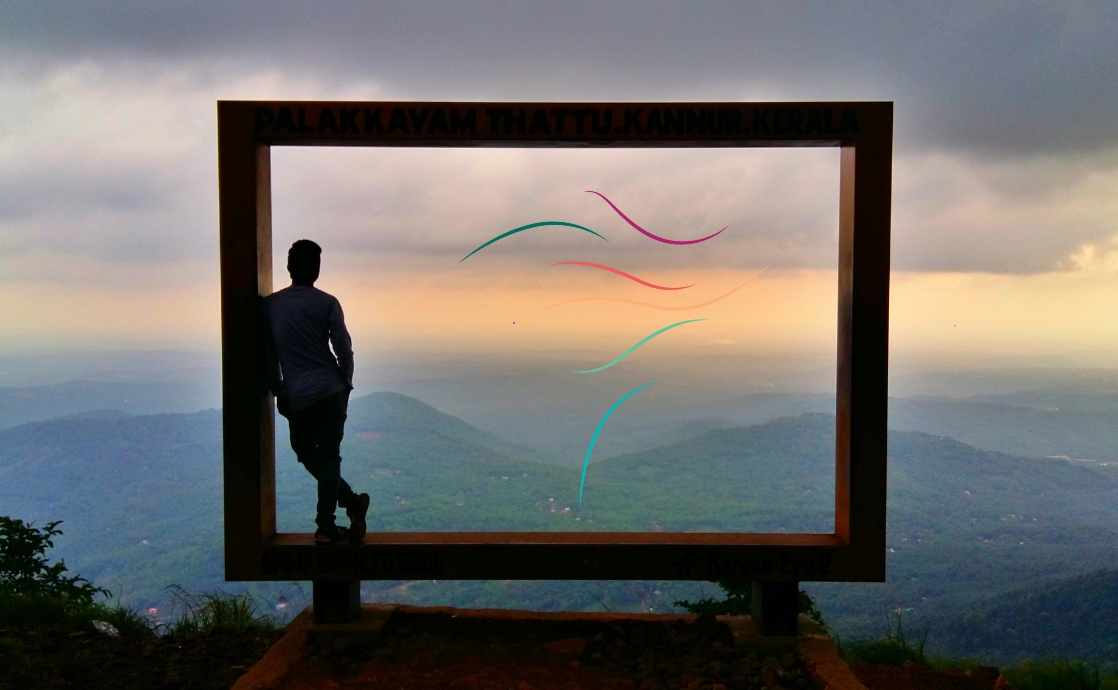The views expressed in our content reflect individual perspectives and do not represent the authoritative views of the Baha'i Faith.
This past year of pandemic sequestering has allowed people to take time for more introspection, pay attention to social issues, and determine to make positive changes in society – but many feel frustrated not knowing which media sources to trust.
With the dominant news media focusing so much on partisan elections, public discourse has grown increasingly politicized to the point where viewers are confused about what’s actually going on.
RELATED: Fasting from Television News To Refresh My Soul
Meanwhile, each day a new problem needs attention from people of good will who – when they see cruelty, hunger, poverty, corruption, racism – don’t just sit back and sigh. They want to know what to do to address and correct those unjust conditions, which requires having access to honest, accurate information. This requires setting out to find the truth in the situation, rather than blindly believing the sources and facts presented to them.
The Baha’i writings say each of us must:
… see with his own eyes, hear with his own ears and investigate the truth himself in order that he may follow the truth instead of blind acquiescence and imitation of ancestral beliefs.
This investigation of truth takes time, effort, and the ability to discern whether the evidence being presented to us makes logical sense.
Near the end of the 19th century, when the founder of the Baha’i Faith, Baha’u’llah, witnessed untrue news articles about Baha’is, including himself, he wrote letters calling out the motives of those who were writing and publishing the news saying “… many are now engaged in spreading lies and calumnies, and have no other intention than to instill distrust into the hearts and souls of men.”
Yet he also praised the institution of newspapers, which had recently reached the Middle East, characterizing them as “… a mirror endowed with hearing, sight and speech.” He warned that journalists must get all the facts and be “… purged from the promptings of evil passions and desires and to be attired with the raiment of justice and equity.”
In other words, character matters in journalism, as in any profession. Journalists who learn to exercise honest judgment, impartiality, and non-partisanship would likely agree with Baha’u’llah, who wrote, “Fair speech and truthfulness, by reason of their lofty rank and position, are regarded as a sun shining above the horizon of knowledge.”
RELATED: Overwhelmed By the News? How to Stay Responsibly Informed
At the beginning of the electronic era in the 1920s, all broadcast media in the United States were required to “serve the public interest, convenience and necessity” which, up until the 1970s, was understood to mean providing the populace with the information necessary for self-governance. But the phrase devolved into an interpretation that broadcasters should give audiences what they’re interested in watching, like sex and violence, which is gauged using a ratings system that’s really designed to measure a targeted audience’s suitability for advertisers. As TV news morphed into infotainment, its value to networks became its ability to deliver eyeballs to advertisers. With this commercial influence, it’s no wonder many people don’t trust the news media to give them reliable information.
When teaching college media courses, I spent a great deal of time helping students factor themselves into the equation by appraising their role as audience members. I’d ask, “Do newscasters address you with respect? Flattery? As a fair-minded, intelligent person? What do they ask you to think or do or be? Why do they want this from you?” In my classes, I required examples and back-up evidence. Students often simply replied, “Oh, they all just lie. It’s human nature.” I challenged them to give evidence supporting their claim, aware that no peer-reviewed social scientific studies exist that establish any common characteristics of so-called “human nature.”
To truly understand human nature, we need to factor in the promptings of the spirit that all God’s messengers have taught throughout history. As Baha’u’llah wrote, “Noble have I created thee, yet thou hast abased thyself. Rise then unto that for which thou wast created.”
It takes effort to find reliable, sincere journalists. At a time when we desperately need good information, this is bad news – but there are probably more non-partisan sources of information than partisan ones, and more decent professionals than corrupt ones. You can find them through your own investigation when you see with your own eyes, hear with your own ears and, as Baha’u’llah enjoined in his writings, “Be anxiously concerned with the needs of the age ye live in, and center your deliberations on its exigencies and requirements.”
















Comments
Sign in or create an account
Continue with Googleor